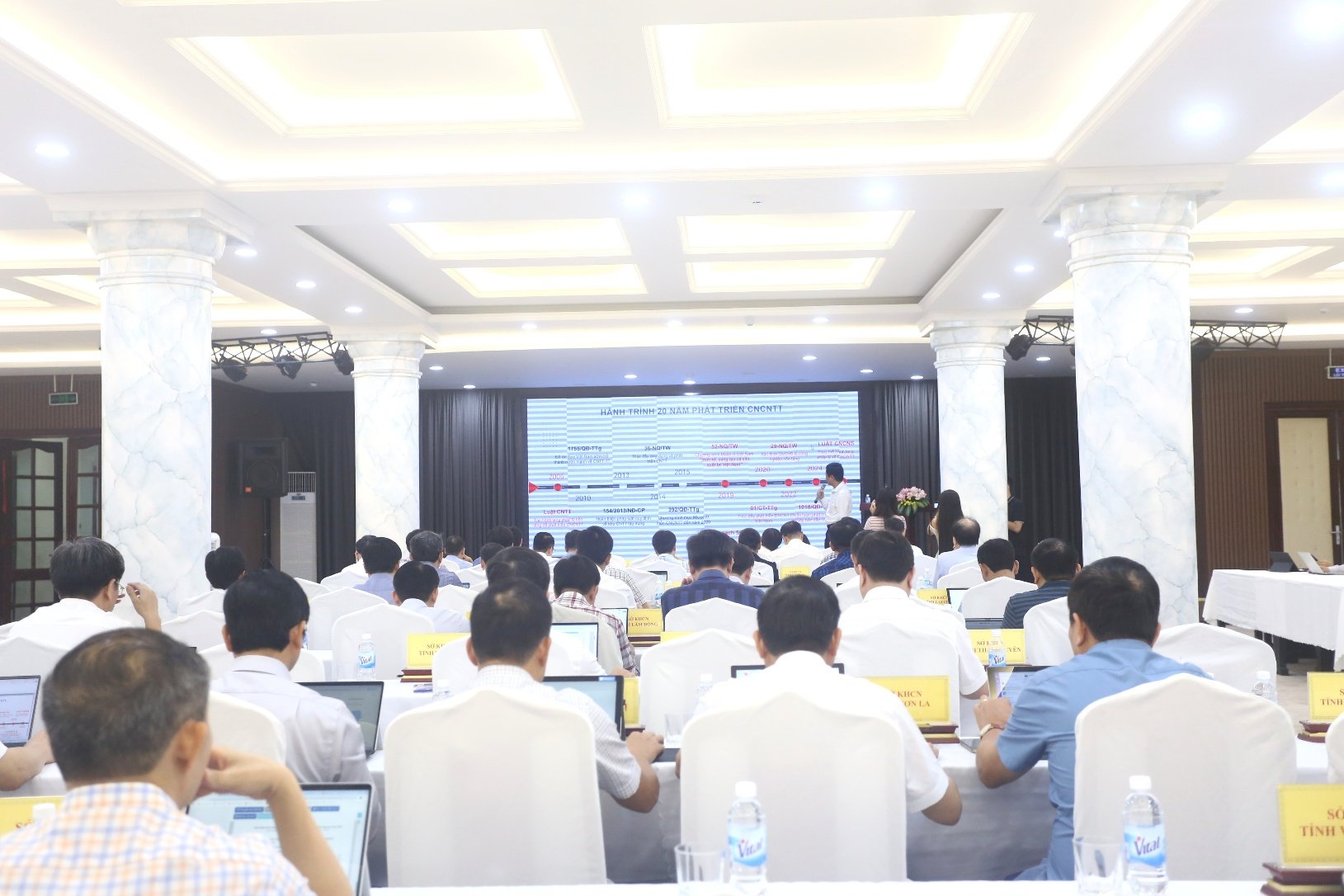
Overview of the Conference.
Putting science and technology, innovation and digital transformation at top priority
Speaking at the opening ceremony of the Conference, Deputy Minister of Science and Technology Bui Hoang Phuong emphasized that in the process of reorganizing the apparatus, decentralizing and decentralizing power between the Central and local levels, activities on science and technology, innovation and digital transformation must be considered a central and continuous task. "Never before has science and technology, innovation and digital transformation received such deep and comprehensive attention as it does today. This is a great opportunity for localities to make a breakthrough, but also poses new requirements on organization, resources and implementation capacity. I expect the leaders of the Department of Science and Technology in the localities to clearly demonstrate the pioneering role of the industry in the new development context," the Deputy Minister emphasized.
According to the Deputy Minister, since the merger of the two ministries, the Ministry of Science and Technology has submitted five major draft laws to the National Assembly and in the next few months will continue to submit five new draft laws - a historic workload for the industry in a year. In particular, the Law on Artificial Intelligence (AI) - one of the pioneering laws that only a few countries in the world have issued - will soon be submitted to the National Assembly. "This is a big challenge, but also an opportunity for the science and technology sector to clearly demonstrate its leading role in the context of global digital integration," the Deputy Minister emphasized.
Deputy Minister Bui Hoang Phuong requested that leaders of the Departments of Science and Technology pay special attention to three major groups of tasks:
Firstly, it is necessary to improve the efficiency of investment and management of science and technology, innovation and digital transformation capital.
In the context of many changes in the law and financial mechanism, the registration of investment capital for science and technology, innovation and digital transformation plays a key role. Currently, all regular and investment expenditures related to the field of science and technology of ministries, branches and localities must be appraised by the Ministry of Science and Technology before being submitted to the Government . In 2025, the Central Government registered a capital source of 42 trillion VND for science and technology, innovation and digital transformation activities. This is a very important resource, requiring localities to improve their responsibility in management, supervision, ensuring investment efficiency, disbursement progress and connectivity of digital platforms.
Second, forming and developing concentrated digital technology zones, linked to practical local needs.
The Deputy Minister said that the number of localities registering for digital technology zones has never increased as much as it does now. However, only Hanoi and Ho Chi Minh City have met the requirements of Resolution 57. Accordingly, localities need to build digital platforms that can be deployed quickly and effectively, in line with the actual needs of businesses and people.
Third, promote the deployment of a shared online data and reporting system, towards unified digital governance across the industry.
Currently, the Ministry of Science and Technology is building a shared data system, providing access accounts for local Departments of Science and Technology to connect, share information and implement unified administrative procedures and online reporting across the industry. "Department leaders need to give strong direction to effectively deploy these platforms, ensuring synchronization from the central to local levels," the Deputy Minister suggested.
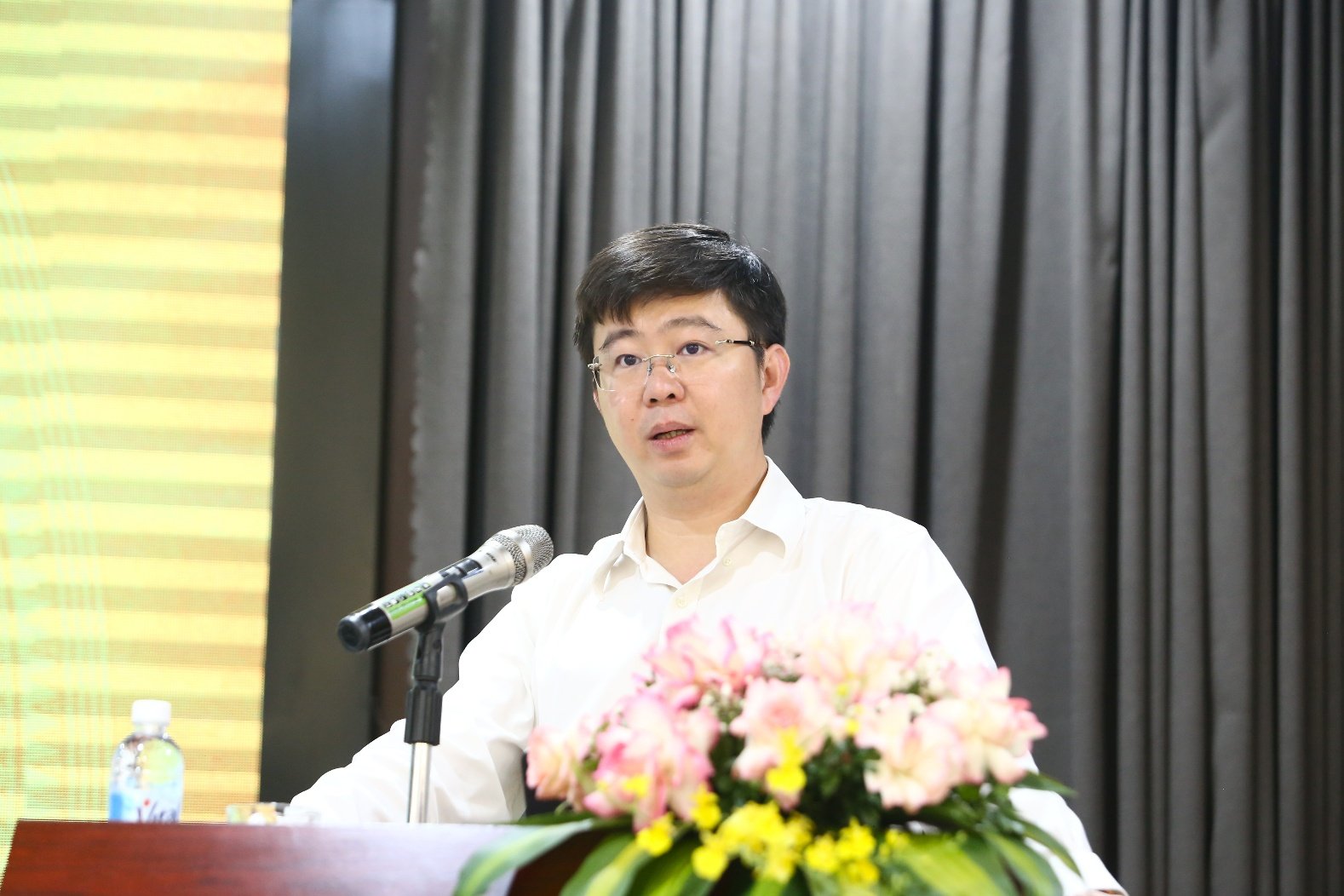
Deputy Minister of Science and Technology Bui Hoang Phuong delivered the opening speech at the Conference.
Promoting the development of digital technology industry and digital transformation of the entire science and technology sector
Reporting on "State management of digital technology industry" (CCNNS) at the Conference, Mr. Nguyen Khac Lich, Director of the Department of Information Technology Industry, said that Vietnam's digital technology industry is growing impressively, clearly demonstrating its driving role in the national digital economy.
According to the report, revenue in September 2025 reached VND 482,174 billion, up 47.9% over the same period in 2024; cumulative revenue up to September 2025 reached VND 3,749 trillion, up 29.6%, completing 88% of the yearly plan. Hardware and electronics export turnover in September reached 16.8 billion USD, up 44%; cumulative revenue in 9 months reached 129.3 billion USD, up 30%, equivalent to 81% of the 2025 plan. Currently, the whole industry has nearly 78,000 digital technology enterprises, employing about 1.9 million workers.
A notable milestone is the CNCNS Law - a new law replacing the old legal corridor on the information technology industry, marking a new step of development, expanding into the fields of semiconductors, AI and digital assets. Vietnam is the first country in the world to issue a separate law for this field, establishing a transparent and modern legal framework, ensuring safety, network security and user rights.
The outstanding incentive mechanism in the CNCNS Law is considered a breakthrough, creating great attraction for businesses in the high-tech sector.
For the general CNCNS product and service group, enterprises will be exempted from corporate income tax for the first two years and a 50% reduction for the next four years, and exempted from land rent for three years.
For key CNS product groups such as semiconductors, AI, high-performance computing (HPC) and concentrated digital technology zones, the incentives are even stronger: 10% corporate income tax rate for 15 years, tax exemption for the first 4 years and 50% reduction for the next 9 years, along with 11-year land rent exemption (can be extended to 15 years if investing in a particularly difficult area).
In particular, for large-scale projects of over VND6,000 billion in key product groups such as semiconductors, AI, HPC, the Law stipulates a preferential tax rate of only 5% for 37 years, exemption of corporate income tax for the first 6 years, 50% reduction for the next 13 years; at the same time, exemption of land and water surface rent for 22 years and 75% reduction for the remaining period. This is the most extensive investment incentive policy ever in the CNS sector, demonstrating Vietnam's determination to create a globally competitive investment environment, attract large capital flows and develop key industries such as semiconductor industry, AI, digital assets, infrastructure and CNS market.
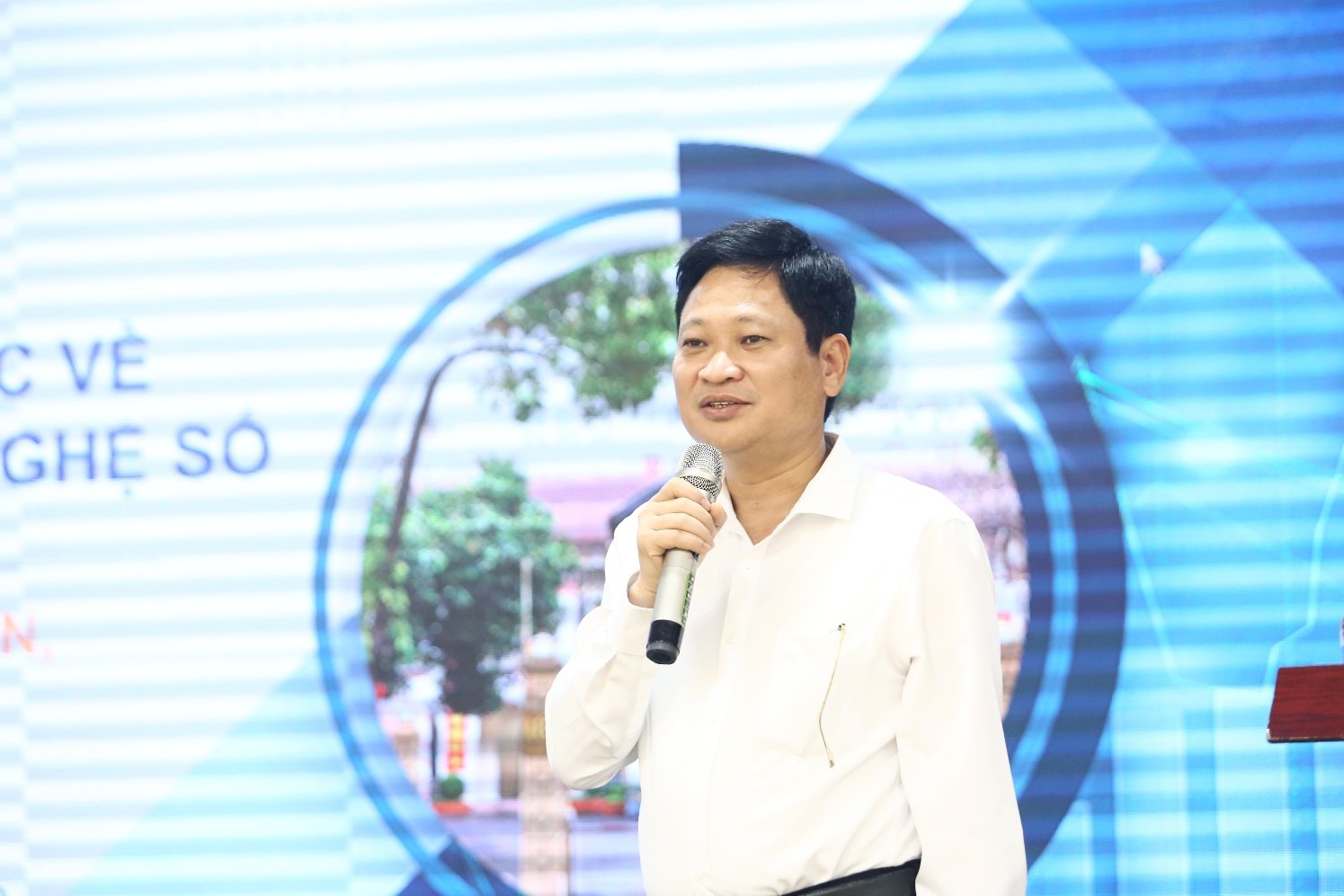
Mr. Nguyen Khac Lich, Director of the Department of Information Technology Industry, presented at the Conference.
Presenting at the Conference, Mr. Tran Quang Hung, Acting Director of the Information Technology Center, said that the Ministry is building a digital transformation model suitable for the new development stage, considering this a core task of strategic significance, shaping the entire digital development process in the next 5-10 years.
This model is designed based on core questions related to organizational practices, ensuring feasibility and effectiveness, while meeting the requirements of Resolution 57-NQ/TW and Project 06 with a spirit of drastic and focused implementation. The consistent viewpoint is "data-centric", starting from existing operations and data, prioritizing integration - sharing - sharing, while ensuring a flexible and feasible roadmap. The approach is defined as a flexible combination of investment, leasing and testing to optimize resources and implementation efficiency.
The Ministry of Science and Technology also orients the development of three main groups of platforms and systems: Core digital platform group, shared system group and specialized business system group. Some shared platforms between the Ministry and localities are identified, including: The single digital management platform "One MST" and the Digital Management Platform - Super App for management and operations.
All new systems must clearly identify key data, ensuring the ability to reuse and share. Shared systems will be deployed as mini apps, integrated into a unified digital management platform. At the same time, the Ministry will build a set of indicators to assess digital transformation at both the Ministry and unit levels, conduct periodic assessments, publicize the results, and establish a monitoring and warning mechanism.
Regarding network safety and security, the Ministry applies a 4-layer protection model, organizes monitoring, early warning, incident response, promulgates regulations and controls the safe operation of the system. Some typical shared platforms being deployed include the National Digital Platform for Science and Technology, Innovation and Digital Transformation, and the Electronic Administrative Procedure Processing System.
Mr. Tran Quang Hung said that in the coming period, the Ministry will take advantage of the data power from the National Data Center, exploit the National General Database to simplify administrative procedures, reduce paperwork, save time and costs for people. Public services will be performed completely electronically; the National Public Service Portal will connect directly with the administrative procedure settlement system of ministries, branches and localities via electronic messages with digital signatures, ensuring data connectivity and security.
He emphasized that data will be accumulated and enriched over time, serving analysis, forecasting and developing new public services. Ministries, branches or localities that do not have a "correct - sufficient - clean - alive" database need to soon complete it to share and connect with the National Data Center, contributing to building a unified, modern and effective digital governance.
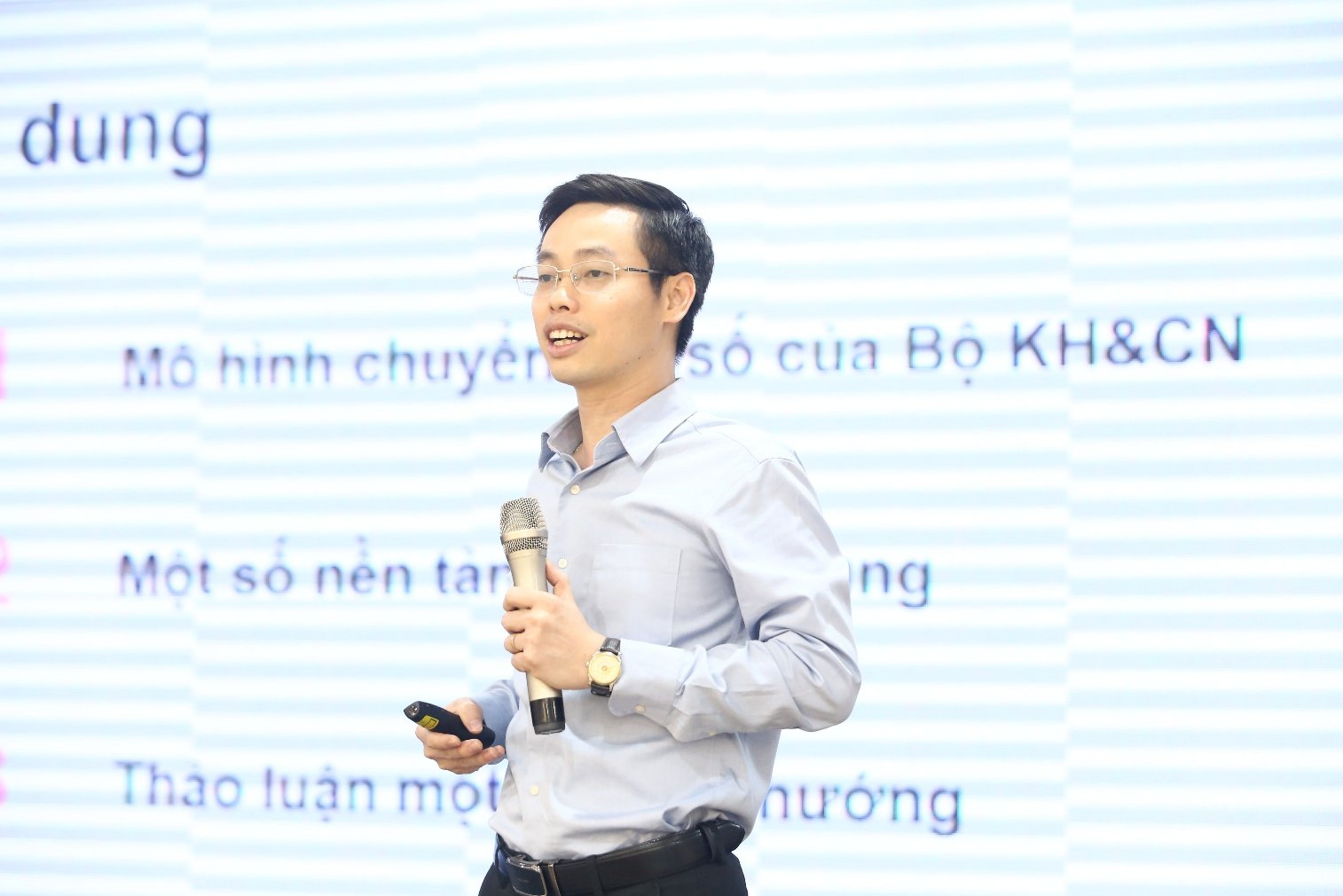
Mr. Tran Quang Hung, Acting Director of Information Technology Center presented at the Workshop.
At the Conference, representatives of the Department of Science and Technology of Ho Chi Minh City and Bac Ninh also shared their presentations and contributed many practical experiences in the process of implementing digital transformation, contributing to perfecting the overall model and promoting the application of digital technology in the whole industry.
With a strategic vision, a synchronous policy system and strong participation from localities, the science and technology sector is creating a solid foundation to promote the development of the digital economy, digital society and digital government. This is not only a technological shift, but also a transformation in governance thinking and development model, towards an innovative and breakthrough Vietnam in the digital age.
Source: https://mst.gov.vn/nganh-khcn-giu-vai-tro-trung-tam-trong-tang-truong-moi-but-pha-voi-chuyen-doi-so-va-doi-moi-sang-tao-o-dia-phuong-1972510161017058.htm


![[Photo] Nhan Dan Newspaper launches “Fatherland in the Heart: The Concert Film”](https://vphoto.vietnam.vn/thumb/1200x675/vietnam/resource/IMAGE/2025/10/16/1760622132545_thiet-ke-chua-co-ten-36-png.webp)




![[Photo] General Secretary To Lam attends the 18th Hanoi Party Congress, term 2025-2030](https://vphoto.vietnam.vn/thumb/1200x675/vietnam/resource/IMAGE/2025/10/16/1760581023342_cover-0367-jpg.webp)
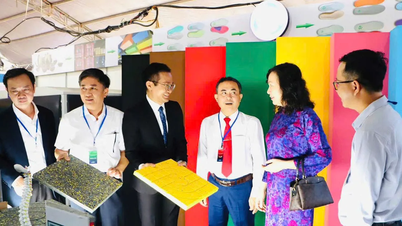

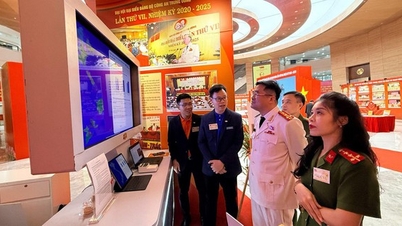

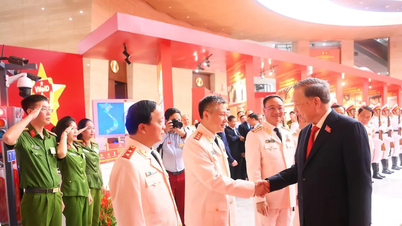
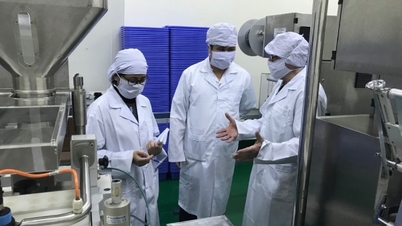




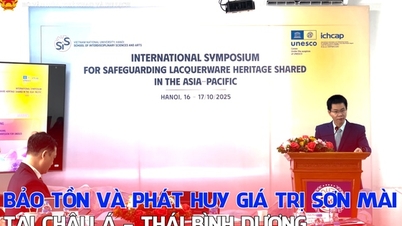

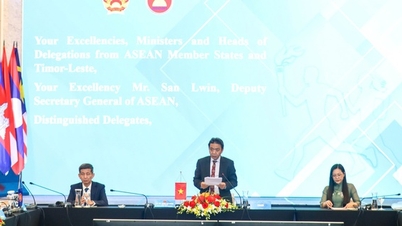
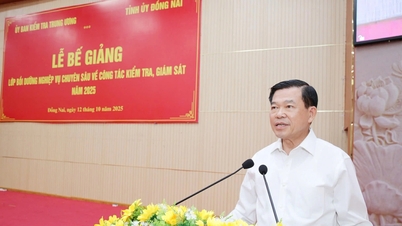


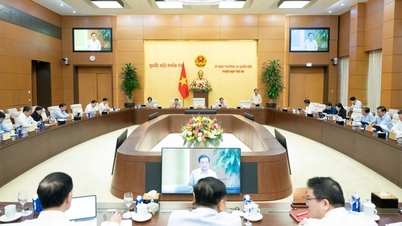
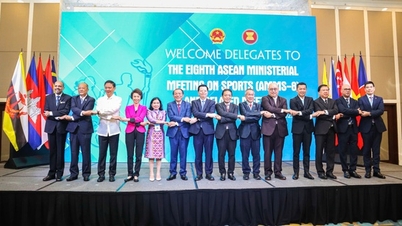




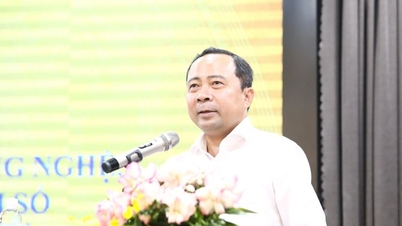
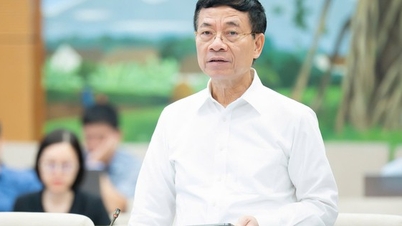
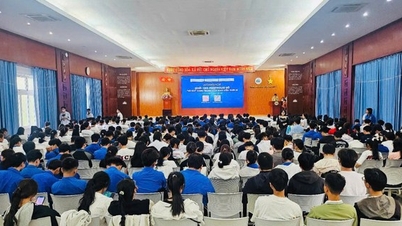


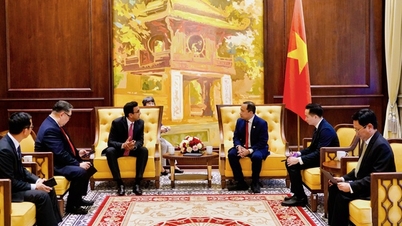








![[Video] TripAdvisor honors many famous attractions of Ninh Binh](https://vphoto.vietnam.vn/thumb/402x226/vietnam/resource/IMAGE/2025/10/16/1760574721908_vinh-danh-ninh-binh-7368-jpg.webp)



























![[Photo] Nhan Dan Newspaper launches “Fatherland in the Heart: The Concert Film”](https://vphoto.vietnam.vn/thumb/402x226/vietnam/resource/IMAGE/2025/10/16/1760622132545_thiet-ke-chua-co-ten-36-png.webp)

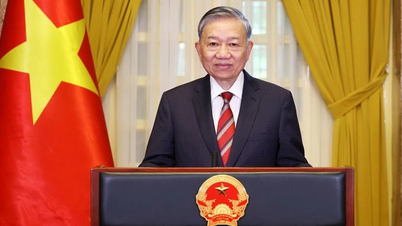




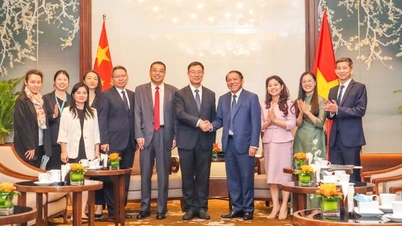



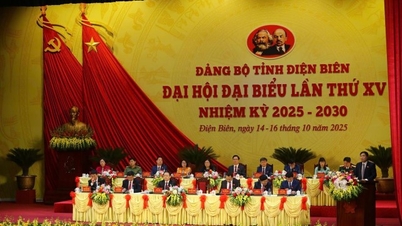

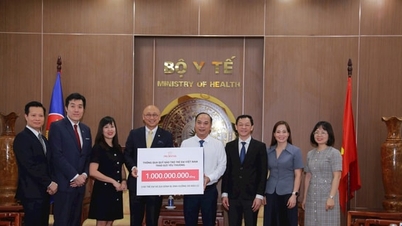




















Comment (0)